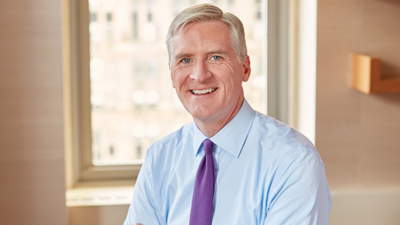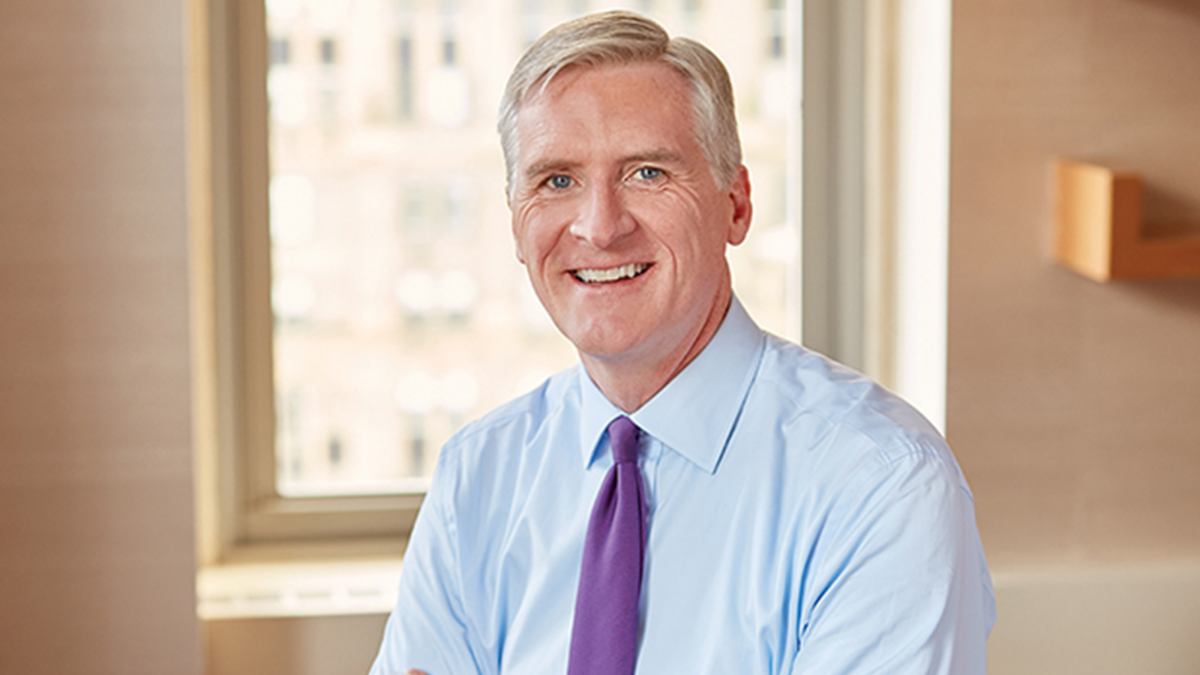New funds offer wholesale access to infrastructure investments
Fund managers are expanding into social infrastructure, with increasing government expenditure on social housing, disability facilities, childcare, education and health driving a huge level of investment into the sector and creating opportunities for retail investors to enjoy growth and stable income.
There are now several options for retail and wholesale investors to gain exposure to social infrastructure assets, such as unlisted managed funds, listed real estate investment trusts and superannuation funds, whereas this asset class previously was available only to institutions. Many of these investment products provide a steady income often linked to inflation and protected by regulations. Social infrastructure assets include community housing, hospitals, schools and universities, and childcare centres.
Australian Unity manages one of the nation’s largest disability housing funds, the Specialist Disability Accommodation (SDA) Fund, with around $260 million under its management. The fund was established in 2020 and invests in accessible residential property that has been purpose-built for people with very high support needs.
“For too long the market has neglected the ecosystems that enable the delivery of fit-for-purpose social infrastructure – be it childcare services, specialist disability accommodation, student accommodation, retirement living and aged care, or hospitals and medical centres,” said Ryan Banting, the mutual company’s executive general manager for social infrastructure.
“This infrastructure fosters community connections and provides critical social services,” he added. “It’s not delivered in a vacuum, but in partnership with community organisations, businesses, schools and universities.”
Australian Unity is also expanding into childcare infrastructure, having recently bought two new childcare centres and contracted four more in a bid to add further geographic and tenant diversification to its growing Childcare Property Fund.
According to Travis Butcher (pictured, source: Youtube), fund manager of the Charter Hall Social Infrastructure REIT, rising demand for social infrastructure is being driven by population growth, an ageing population and communities’ continued demand for improved amenities. The REIT (real estate investment trust) recently changed its name from Charter Hall Education Trust, reflecting its broadened social infrastructure mandate.
“Additionally, fiscal constraints faced by all levels of government in Australia are expected to provide further opportunities for private investment in social infrastructure,” Butcher said.
“Our portfolio predominantly has long-term triple-net leases with annual rental increases, with the properties positioned in strategic locations to meet the needs of the end users of the services,” he added, noting that the company has recently acquired the TAFE Queensland education campus in Robina, Queensland, and an emergency command centre in Adelaide leased to the South Australian government. The fund has around $2 billion in assets spread across 376 properties.
According to Jonathan van Rooyen, chief investment officer of Invest Unlisted’s Core Infrastructure Fund, one reason behind the relatively high returns of many industry superannuation funds is their high allocation to unlisted infrastructure assets, which typically account for 5-15 per cent of their entire portfolios.
“But infrastructure is traditionally very difficult to access because of the significant investment dollars required to secure an airport, hospital, or toll-road concession or lease,” he said. “This makes unlisted infrastructure very unique compared to other unlisted investments, such as property, private equity or credit investments, which typically have much lower investment thresholds.”
The Core Infrastructure Fund combines individual wholesale investors’ funds to invest in social infrastructure assets and has a minimum wholesale investment of $50,000. It invests in other managed infrastructure funds and typically has lower fees than investors would pay if they invested directly in those funds.











